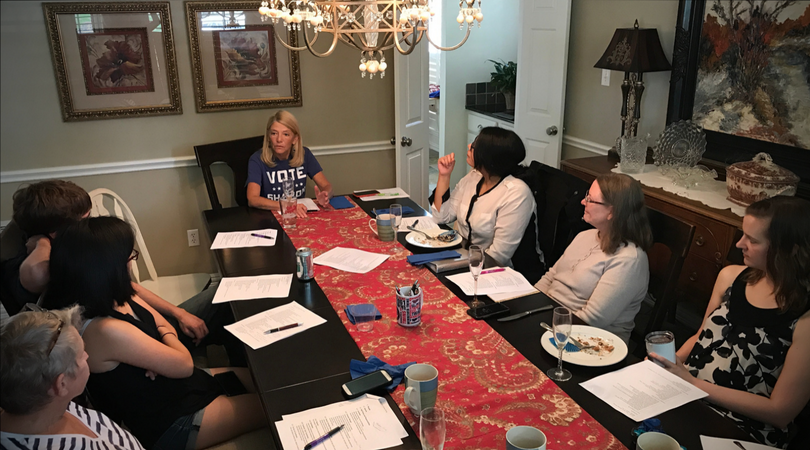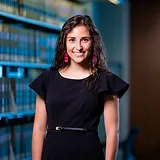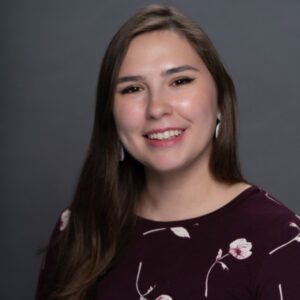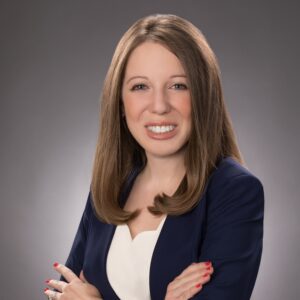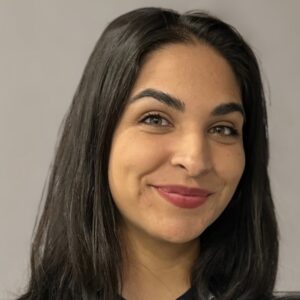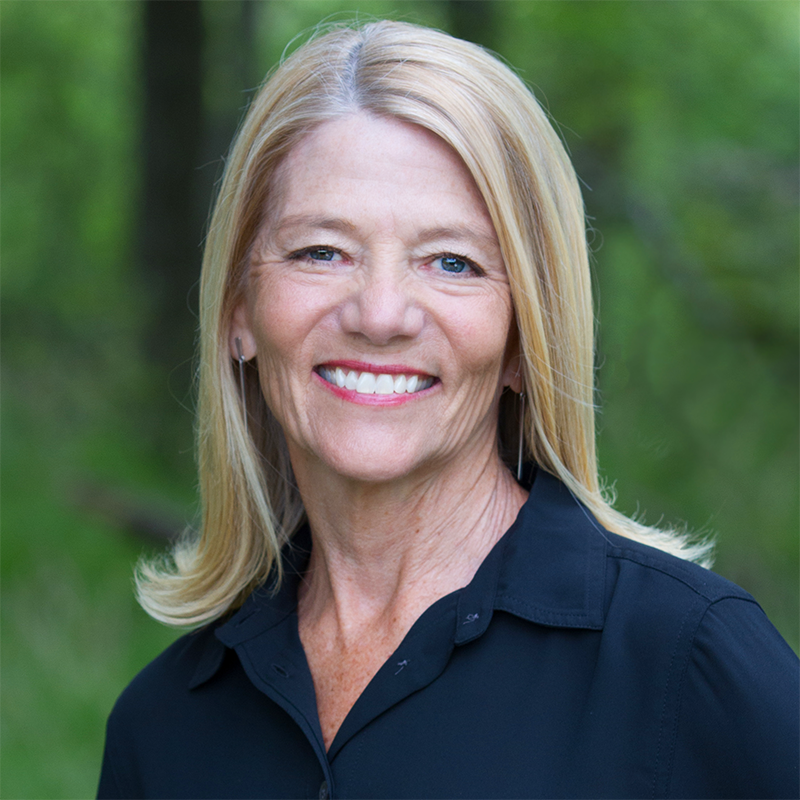
Now that the primaries have ended in Texas, Sharon Hirsch has hit the ground running with her campaign for Texas House seat, District 66. If you weren’t already intrigued by her catchy “Route 66-esque” campaign graphics, you might be interested by the fact that she graduated from college in 2014, when she was fifty-nine. As the wife of an educator, Hirsch plans to focus her campaign efforts on school finance reform, in addition to healthcare, economic opportunity, accessible transportation, and affordable housing. Hirsch exemplified her passion for her community, and particularly educational reform, when she ran for Plano ISD School Board in 2015. Hirsch is dedicated to becoming a crusader for education in her community.
Though many aspiring politicians find their political perspectives to be rooted in outside influences, Hirsch’s ideals aren’t products of her environment. Hirsch was raised in rural Iowa, after moving there from Nebraska when she was 10. She attended Catholic schools throughout her primary education, leading to what she called an “interesting upbringing”. Even though she attended Catholic school and originated from a notably conservative part of the country, Hirsch has always considered herself a liberal. Hirsch believes that she “grew into” her political beliefs once she moved to Minneapolis at the age of nineteen, exposing her to a diverse population and expansion of political ideologies.
After moving to Minnesota, she happily married her husband, who took on a career as a public-school teacher and, eventual, administrator. Hirsch had no idea that her husband’s career in education, and his membership in a teachers’ union, along with raising four children, would eventually lead to her own involvement in politics. She began focusing her attention to education in local politics by attending school board and city council meetings, constantly updating herself on changes being made in her community. Today, Hirsch prides herself on still being in tune with her local community happenings, saying “I have always gotten the newspaper and still do. To me, it is a real tangible set of reading that reminds me what is going on in my little section of the world.”
Though Hirsch kept herself up-to-date on the local politics of her community, she originally had no intentions to run for office. Hirsch eventually relocated with her family to Plano, Texas, where she now calls home. By 2007, she had started to become actively involved with local democratic organizations including the Texas Democratic Women of Collin County, now WOW Dems. Hirsch was immediately impressed with the organization of the chapter, noting that her fellow members were focused on educating their members on issues and the political process. Hirsch began to realize that she could see herself running for office, especially for a position on her local school board, but feared that her lack of formal education would be critical to the campaign. With the support of her family and friends, Hirsch decided to enroll in classes at Collin College, and subsequently the University of North Texas, at the age of fifty-five.
Upon her graduation from college in December of 2014, Hirsch hit the ground running, degree in hand, and filed for a seat on the Plano Independent School District Board of Trustees in 2015. Hirsch had a steady wealth of political training as she headed into her first campaign including formal programs from Annie’s List, Collin County Democratic Party, Texas Democratic Party, and
Vote Run Lead. Through these educational opportunities geared towards Democratic candidates, Hirsch learned the steps to training volunteers for fundraising and communications. In addition to her formal training, Hirsch also relied on the core group of women who introduced her to Democratic politics in North Texas: WOW Dems. She believes this entity was essential to supporting her campaign as well as sharing an inside scope to the responsibilities of holding office. Though she ran a fierce campaign, Hirsch was unsuccessful in her race for Plano ISD School Board of Trustees.
Her defeat didn’t leave her stagnant for long – Hirsch has since filed as a candidate for Texas House District 66 (TX-HD 66), where she ran uncontested in her primary election. Now that her sights are set on a competitive general election, Hirsch has re-entered the political realm, campaigning harder than ever. If elected as State Representative for House District 66, Hirsch would represent a major portion of West Plano and bits of North Dallas, the entire region within Collin County. Hirsch believes the biggest issues facing her community include property tax relief, school finance reform, and a solution to transportation gridlock. Statewide, Hirsch hopes to also look at healthcare reform and affordable housing opportunities.
When asked about systemic barriers facing women in politics, Hirsch believes they are present because of societal gender norms. Hirsch feels that women frequently assume the role as primary caretaker for both their children and later on their parents. She thinks that this critical responsibility doesn’t allow women to see themselves in a position to take on a time-intense leadership role, like elected office. Additionally, Hirsch feels that women often have a difficult time seeking campaign funds for a variety of reasons. First, some women candidates find it more difficult to ask for money than their male candidate counterparts. Of the women who do seek funds for their campaigns, these candidates tend to spend more time doing so, with Hirsch noting that many women like herself don’t have a readily available network of donors.
For other young women interested in pursuing politics, Hirsch advises them to become involved in their communities, allowing them to not only make a name for themselves but to also learn as much as possible about their local political arena. The best ways to become involved in local politics, according to Hirsch, are volunteering on campaigns or for your county party, and making investments in others when possible. Hirsch also believes that women must build coalitions with one another and focus on getting fellow female candidates into office. She finalized her advice with this: “women get things done.”
